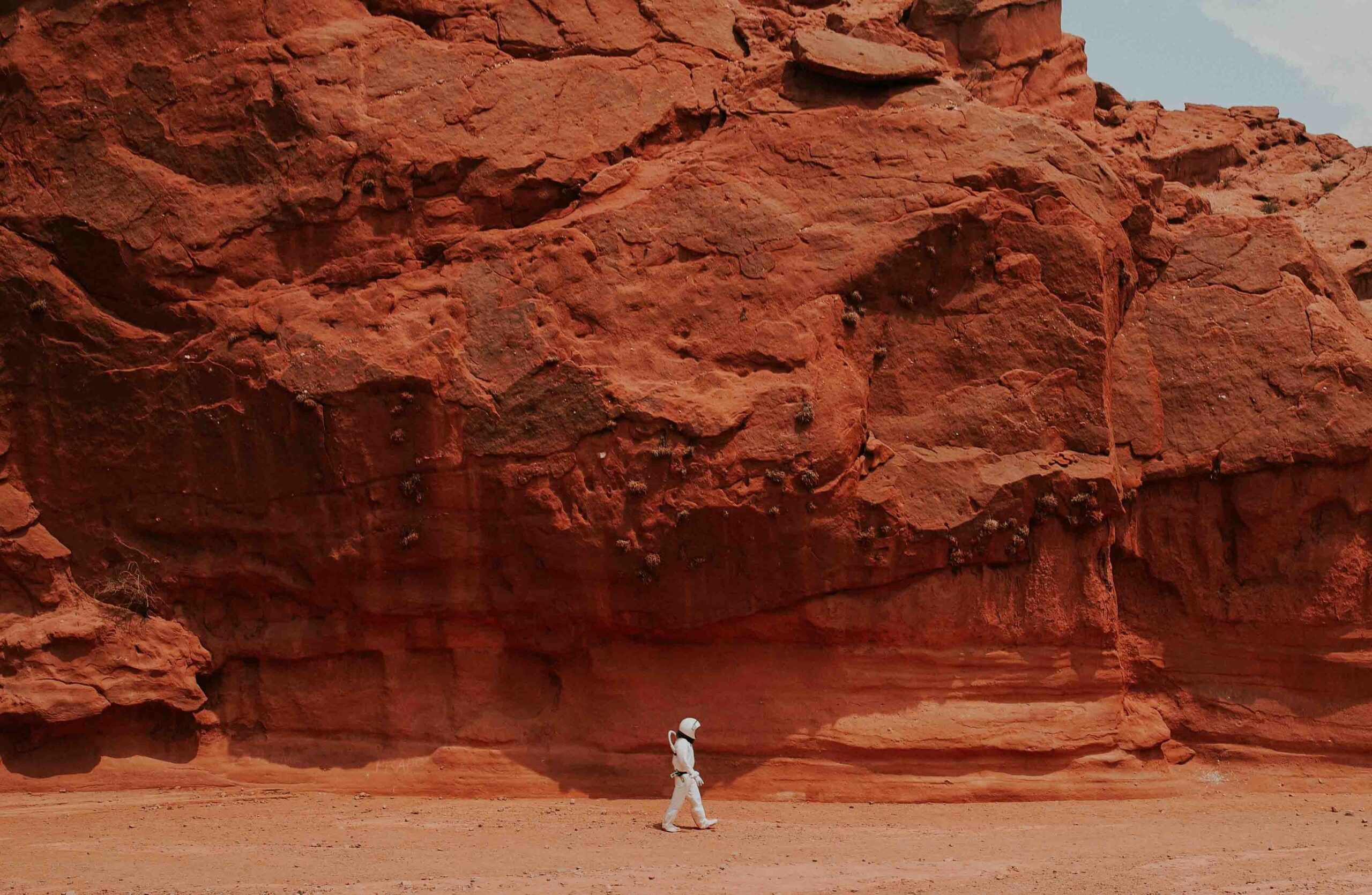If humanity continues its conquest of space, the question of the number of colonists to send to other stars will be of paramount importance. Shipping and maintaining humans high above the ground is very expensive, and it will always be wise to consider all possible parameters for the success of such missions.
Going to Mars isn’t just about numbers, it’s also about character.
Two dozen people to colonize our neighbor
Whenever Elon Musk and his company SpaceX remind us of their crazy plan to colonize the red planet, minds immediately go back to imagining a prosperous and self-sufficient Martian society. The project is serious, and if the first steps of humanity on another planet are not yet for tomorrow, it is allowed to believe in it. However, the installation of a colony of a few inhabitants several tens of millions of kilometers above our heads promises to be laborious, both for the societies on Earth and for the adventurers who will get down to the task. By the way, speaking of the latter, how many would have to be to survive on Mars for even a few days?
Studies have looked into this topic over the past few decades. In several of them, the researchers felt that a minimum of 100 individuals was a good number to respect. A group of scientists recently lent themselves to the exercise by carrying out simulations from data never before taken into account, and concluded that 22 people would be enough to carry out a Martian colony project. However, there is one condition to respect: these two dozen settlers must be… pleasant.
Are curmudgeons allowed in space?
In addition to the environmental factors present on the red planet, the model applied by the team was also based on the harsh, isolated and stressful environments that humans have already been subjected to. As during the exploration of Antarctica, extended stays in the submarine or in the ISS. Interactions between individuals with different levels of skill, resilience and stress were also taken into account. Above all, the researchers gave their “ guinea pigs » different character traits: neurotic, reactive, social or agreeable.
During the 28 days of simulation, the neurotic personalities died faster than the others. In contrast, pleasant people had the best chance of surviving and thriving. Of all the simulations performed with a variable number of colonists, ranging from 10 to 170, the figure of 22 was found to be the most optimal, provided that all individuals were agreeable. However, the study does not take into account the settlement of the planet by these settlers alone, as this would multiply the results of the study by more than 20.
” We often tend to think of humans as mere numbers or particles devoid of self-motivation, heterogeneity and adaptability said Anamaria Berea, co-author of the study, to The Register. ” We wanted to show that if we neglect the social, behavioral and psychological aspects of space exploration, we can be seriously wrong in our estimates, predictions and projections. “. The choice of candidates for the extension of humanity beyond our good old Earth looks… interesting.
Source : Gizmodo

16